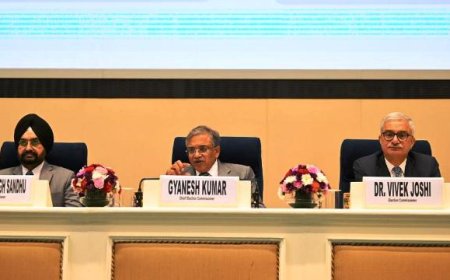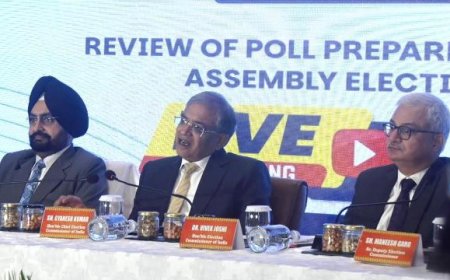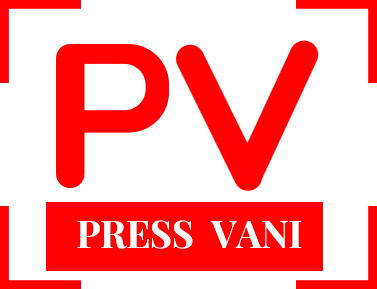Journalists' accreditation on basis of newspaper’s language: High Court quashes rule
Two-judge panel of the Telangana High Court quashed the rule relating to accreditation to journalists made on the basis of the newspaper’s language.

Two-judge panel of the Telangana High Court quashed the rule relating to accreditation to journalists made on the basis of the newspaper’s language.
The panel, speaking through Chief Justice Alok Aradhe, said no justification has been offered in the counter-affidavit for making a criterion for grant of accreditation on the basis of language of a newspaper. If the state government decided to accord the benefit of a welfare scheme, namely, accreditation, to working journalists, it has to be granted on fair, rational and reasonable criteria.
The fair and rational criteria could be the number of copies in circulation or number of pages in circulation of a newspaper or periodical. However, the language of a newspaper, irrespective of number of pages or number of copies in circulation, cannot be reasonable and just criteria for extending the benefit of accreditation. The respondents have failed to offer any explanation for restricting the number of accreditation cards only to Urdu newspapers and periodicals.
The panel also said that it was needless to state that the state government shall formulate the guidelines by taking into account the rational and reasonable standard for granting accreditation to working journalists in Urdu newspapers and periodicals as well as for empaneled satellite news channels within two months.
The panel was dealing with a writ plea filed by the Telangana Urdu Working Journalists Union, which assailed the validity of action of the respondents in issuing a GO in 2016 by which allocation of accreditation cards to working journalists has been made on the basis of the language of the newspapers.
The panel prefaced its direction with caution and said it is well settled in law that the courts cannot sit in judgment over the wisdom of the policy evolved by the state government. Interference in exercise of powers of judicial review can be made by a court with a policy decision only on the grounds of mala fides, unreasonableness, arbitrariness or unfairness.
The court then proceeded to state that the basis of the accreditation was arbitrary and accordingly allowed the writ petition.
What's Your Reaction?

















































